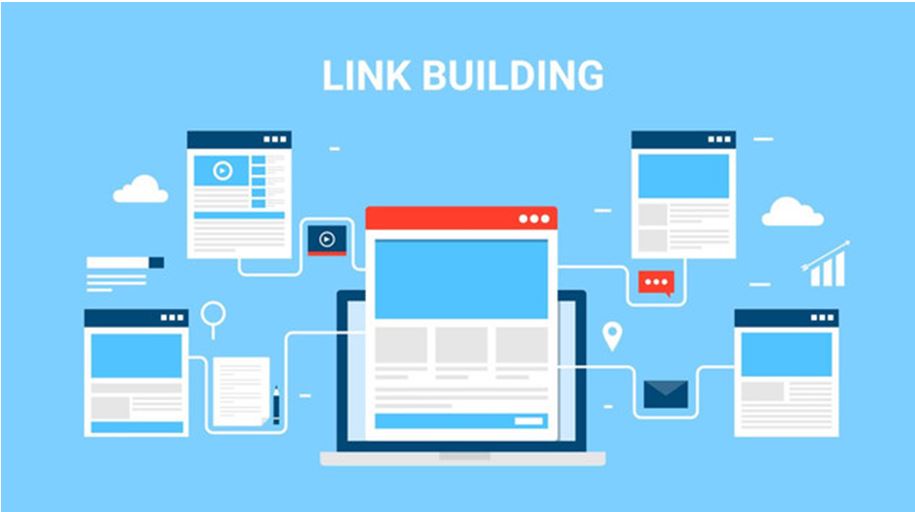
Backlinks play a crucial role in search engine optimization (SEO), and the indexing of these backlinks is equally important. Search engines use indexes to track and analyze websites, including the links pointing to them. In this article, we will explore the impact of backlink indexing on search engine rankings and provide insights and strategies for ensuring your backlinks are appropriately indexed, ultimately improving your website’s visibility and organic search rankings.
Understanding Backlink Indexing
Backlink indexing refers to the process of search engines recognizing and cataloging the links pointing to a particular webpage. When search engines index backlinks, they consider them as indicators of a website’s popularity and authority. Indexed backlinks carry more weight in search rankings and are more likely to positively impact a website’s visibility.
Why Backlink Indexing Matters
Without proper indexing, search engines may not recognize or credit your backlinks, rendering them ineffective for SEO purposes. Without proper credit, the backlinks won’t contribute to increasing your website’s authority, prominence, and ultimately, its search engine rankings. It’s important to ensure that search engines are aware of and have indexed your backlinks to maximize their impact on your SEO efforts.
Strategies for Backlink Indexing
- Ensure Quality Link Sources: Focus on acquiring backlinks from reputable and authoritative websites. High-quality backlinks are more likely to be indexed quicker and receive more weight in search engine rankings.
- Submit Your Website to Search Engines: Get your website listed on popular search engines such as Google and Bing, and check your backlinks with Google index checker, helps ensure that search engine crawlers discover and index your site, including the backlinks pointing to it.
- Promote Your Content: Create valuable and shareable content that naturally attracts backlinks. Promote your content through various channels, such as social media, guest blogging, and influencer outreach. By gaining visibility and traction, your content and its associated backlinks are more likely to be indexed by search engines.
- Site Structure and Internal Linking: Create a well-structured website with clear navigation and internal linking. Internal links help search engine crawlers discover and index your content more efficiently, including the backlinks present on your website.
- Regularly Monitor Indexing Status: Use tools such as Google Search Console or Bing Webmaster Tools to monitor the indexing status of your backlinks. If certain backlinks aren’t indexed, investigate potential issues and take corrective measures, such as checking for broken links or updating sitemap files.
- Generate Social Signals: Social signals, such as likes, shares, and comments on social media platforms, can indirectly impact backlink indexing. Engage your audience and encourage social interactions with your content, increasing its visibility and the likelihood of search engines indexing associated backlinks.
- Leverage Backlink Indexing Services: Consider utilizing backlink indexing services or tools that can help facilitate and expedite the indexing process. These services can provide additional support in ensuring that your backlinks are properly indexed.
- Maintain a Healthy Backlink Profile: Regularly assess the health and quality of your backlink profile. Disavow any toxic or spammy backlinks to signal to search engines that you don’t want to be associated with them. A high-quality backlink profile enhances your website’s credibility and indexing potential.
Using a Backlink Index Checker Effectively: Maximizing Its Utility
A backlink index checker is a powerful tool that can provide valuable insights and data about your backlinks. To make the most of this tool and ensure its usefulness, consider the following tips:
- Monitor backlink health: Regularly check the health of your backlinks using the index checker. Look for any broken or missing backlinks, as well as toxic or spammy links, which can negatively impact your website’s SEO. Identify these issues and take appropriate action to maintain a healthy backlink profile.
- Identify authoritative websites: The index checker allows you to identify websites with high domain authority that are linking to your competitors or other relevant websites in your industry. These websites can be valuable targets for obtaining backlinks to enhance your own website’s authority and credibility.
- Track link acquisition progress: If you actively work on building backlinks, use the index checker to track the progress of your link acquisition efforts. It can provide an overview of your backlink growth, the discovery rate of new backlinks, and the overall impact on your search engine rankings.
- Track indexing progress: It’s essential to keep track of which backlinks are getting indexed by search engines. The index checker can show you which links are indexed and which are not. For non-indexed links, investigate potential issues such as nofollow attributes or technical errors, and take corrective measures to ensure indexing.
- Monitor link removal requests: If you have requested to remove specific backlinks due to quality concerns, use the index checker to track the status and ensure they are indeed removed. This way, you can keep your backlink profile clean and free from harmful links.
- Stay up to date with algorithm changes: Search engine algorithms evolve, impacting the effectiveness of backlinks. Utilize the bulk backlink checker to stay informed about any changes in your backlink metrics and performance that may result from algorithm updates. Adjust your strategies accordingly to maintain and improve your search engine rankings.
Conclusion
Backlink indexing is crucial for maximizing the impact of your backlink profile on search engine rankings. By focusing on acquiring high-quality backlinks, promoting your content, optimizing your website’s structure, monitoring indexing status, and leveraging tools and services, you can ensure that your backlinks are appropriately indexed.
Remember to regularly assess and maintain a healthy backlink profile to enhance your website’s credibility and search engine visibility. With effective backlink indexing strategies in place, you can drive more organic traffic, establish your website’s authority, and improve overall SEO performance
Write and Win: Participate in Creative writing Contest & International Essay Contest and win fabulous prizes.


